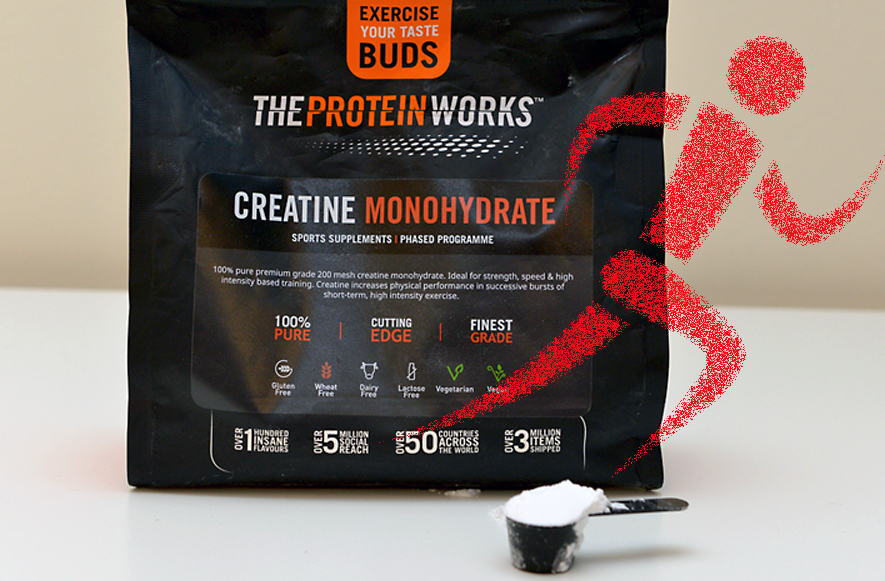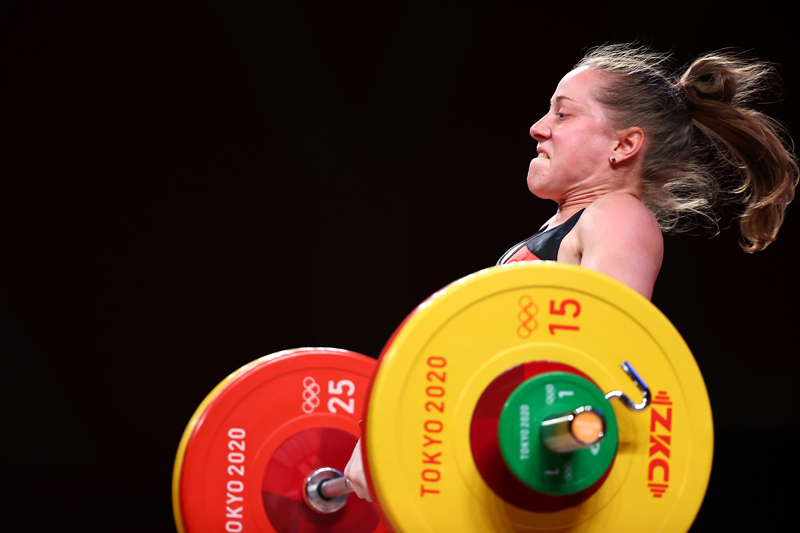The effect of the pyruvate supplement on performance
Pyruvate does not enhance weight loss or boost endurance performance
The theory that supplements of the carbohydrate metabolite pyruvate can improve endurance during aerobic exercise has been well and truly exploded by a Canadian trial, which examined the effects of increasing dosages of pyruvate in nine recreationally active subjects and seven well-trained cyclists.The scientists responsible for the current trial started from the premise that there was no way pyruvate could affect muscle metabolism during exercise unless its levels were first boosted in the bloodstream. They wanted to find out first whether modest single doses of pyruvate significantly increased blood pyruvate concentrations and, secondly, whether lower dosages available in commercial preparations had any impact on performance in well-trained individuals.
The trial was thus divided into two separate studies:
* In study 2, seven well-trained cyclists were treated with either 7g of pyruvate or a placebo (dummy preparation) for one week and then cycled at 74-80% of their maximal oxygen consumption until exhaustion to assess the difference in performance times.
Both studies delivered resoundingly negative results. In study 1 pyruvate consumption failed to significantly raise blood pyruvate concentrations and had no effect on selected indices of carbohydrate or fat metabolism. In study 2 there was no difference in performance times between the subjects dosed on pyruvate and those on placebo.
'It is possible,' conclude the researchers, 'that dosages of pyruvate of 25g or greater may elicit an ergogenic effect that was not apparent in the present study.' But there would probably be no point in studying such doses since 'daily consumption of 25g or greater of pyruvate is clearly prohibitive both in terms of cost and potential side effects'.
J Appl Physiol 89: 549-556, 2000
Isabel Walker
You need to be logged in to continue reading.
Please register for limited access or take a 30-day risk-free trial of Sports Performance Bulletin to experience the full benefits of a subscription. TAKE A RISK-FREE TRIAL
TAKE A RISK-FREE TRIAL
Newsletter Sign Up
Testimonials
Dr. Alexandra Fandetti-Robin, Back & Body Chiropractic
Elspeth Cowell MSCh DpodM SRCh HCPC reg
William Hunter, Nuffield Health
Newsletter Sign Up
Coaches Testimonials
Dr. Alexandra Fandetti-Robin, Back & Body Chiropractic
Elspeth Cowell MSCh DpodM SRCh HCPC reg
William Hunter, Nuffield Health
Keep up with latest sports science research and apply it to maximize performance
Today you have the chance to join a group of athletes, and sports coaches/trainers who all have something special in common...
They use the latest research to improve performance for themselves and their clients - both athletes and sports teams - with help from global specialists in the fields of sports science, sports medicine and sports psychology.
They do this by reading Sports Performance Bulletin, an easy-to-digest but serious-minded journal dedicated to high performance sports. SPB offers a wealth of information and insight into the latest research, in an easily-accessible and understood format, along with a wealth of practical recommendations.
*includes 3 coaching manuals
Get Inspired
All the latest techniques and approaches
Sports Performance Bulletin helps dedicated endurance athletes improve their performance. Sense-checking the latest sports science research, and sourcing evidence and case studies to support findings, Sports Performance Bulletin turns proven insights into easily digestible practical advice. Supporting athletes, coaches and professionals who wish to ensure their guidance and programmes are kept right up to date and based on credible science.









